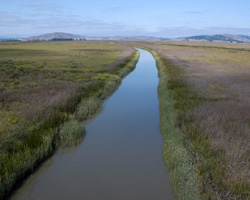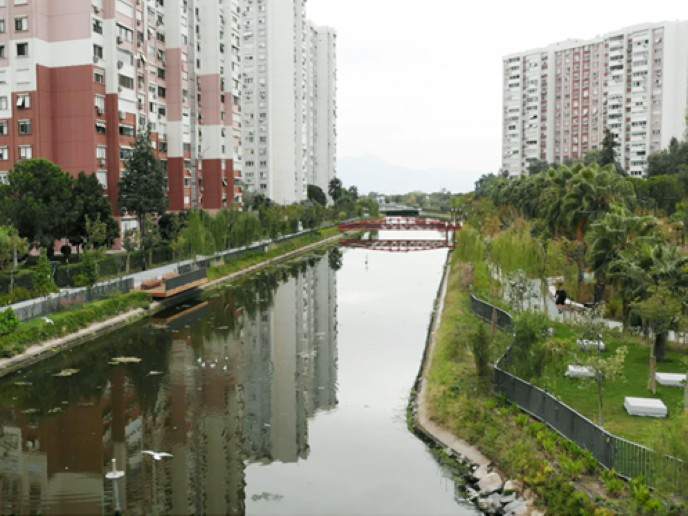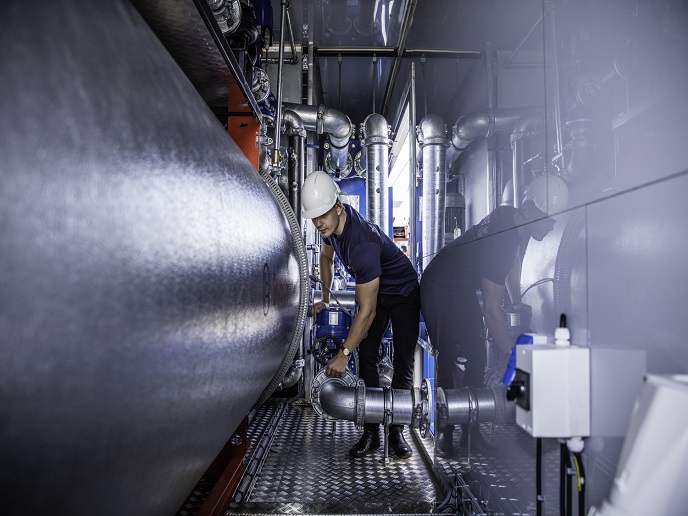Improving water management in the Mediterranean
The EU funded TEMPQSIM project was set up to improve the efficiency of water management strategies currently used in the Mediterranean and in semiarid river catchments. The focus was on developing new hydrological and sediment modules. These were tested rigorously at various Mediterranean case study sites in Bulgaria, France, Greece, Italy, Portugal and Spain. The experience gained from these case studies has been used to prepare guidelines for adapted monitoring, modelling and management strategies. Since completion of the project, a booklet has been produced to summarise the results. It is entitled 'Critical Issues in the Water Quality Dynamics of Temporary Waters, Evaluation and Recommendations from the TEMPQSIM Project'. It outlines the findings of the individual case studies as well as discussion related to overall themes. In the case of Portugal, a description of Pardiela watershed is given, the case study addresses the impact of remaining natural pools and the application of the TEMPQSIM-STREAM model. Other examples include Albujon in Spain and Vene in Southern France, where for the latter; a description addresses the impact of waste water discharges to a temporary stream as well as the influence of the Karst system. In the Bulgarian case study, a description is given of the Iskar watershed; this discussion introduces the interaction of lower and upper parts of the basin, as well as the applicability of the HSPF drainage model. The booklet is available in print and electronic format. See www.tempqsim.net for more details.







